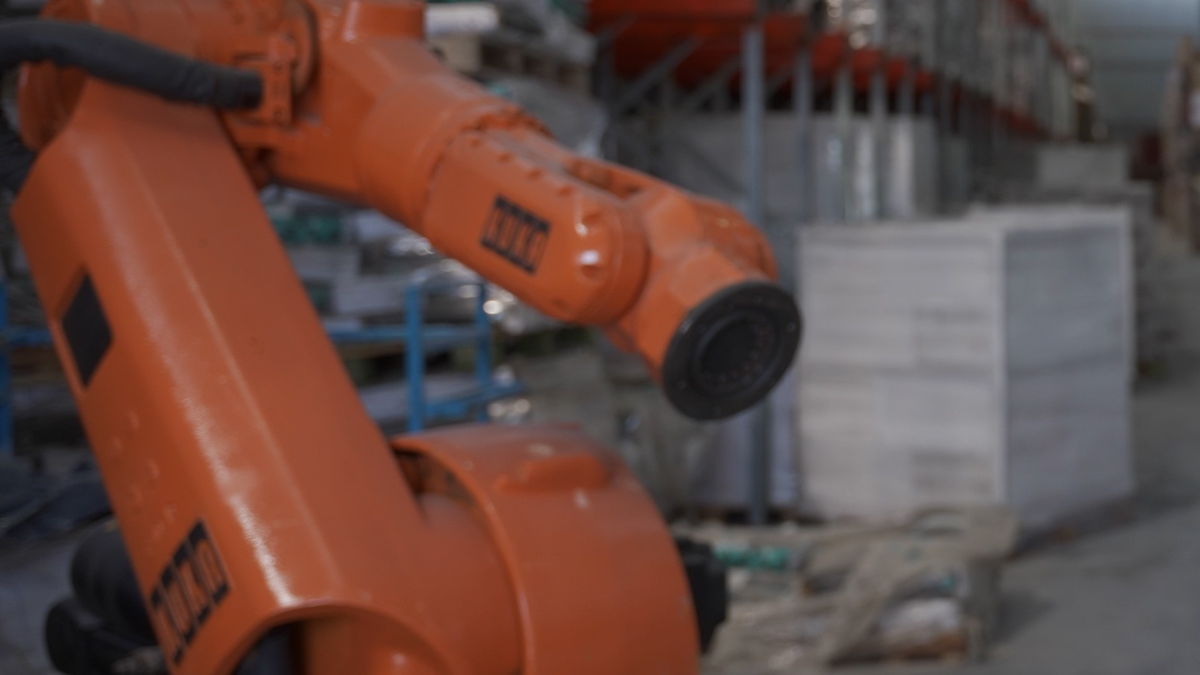The proposal aims to accompany those who “invest to generate added value and quality employment, aims to generate local suppliers, to include technologies, to diversify the productive matrix, to increase and substitute imports, and to generate equity.”
It is a tool that aims stimulate productive investments and that, through tax benefits, rewards those projects that involve the creation of jobs, the generation of added value, the development of local suppliers and new productive sectors, the promotion of technology transfer, diversification of the productive matrix, the promotion of exports, the substitution of imports and the reduction of territorial imbalances.
The Buenos Aires Government explained that the entry of projects into the investment regime will be analyzed for approval or rejection “based on their contribution to the productive, economic and social development of the province” and it was pointed out that the deadline for submitting the proposals It will be two years from the entry into force of the standard.
“This initiative is the opposite of the RIGI promoted by the national government: we cannot accept that the only way to receive investments is to prioritize, raffle off natural resources and not add value. On the contrary, this is an economic and industrial development project.”Kicillof had stressed when he presented the initiative on Industry Day on September 2 in Ituzaingó.
In this sense, the Minister of Production, Augusto Costa, highlighted the importance of having this instrument. “In the current context of the economy and production of the province of Buenos Aires, having this tool is something that will allow many investments that are being studied today to have adequate benefits,” he noted.
What sectors does the Buenos Aires RIGI reach?
The sectors reached by this provincial tool are the manufacturing industry, those intensive in natural resources, services (tourism, logistics and others), cultural industries, health, and strategic projects for the Provinceand must contemplate investments of 5 million dollars or more: according to the amounts invested, they will obtain different degrees of tax exemptions.
In the text of the standard, it is established that the projects to be presented for consideration must include one/s of the following objects: new plant or investment; plant expansion or expansion of existing facilities, when the increase in theoretical production capacity is at least 30%, without reducing employment; new productive process, when the new investment is greater than 30% of the value of the existing fixed assets according to books in constant currency or market value, whichever is greater, and employment is not reduced.
The approved proposals will have partial tax exemptions on Gross Income, Real Estate and Stamp taxes. Projects with investments from US$5 million to US$50 million will be able to access 30% for 5 years; while for those who have an investment of between US$50 million and US$200 million, the benefit will reach a 25% exemption for 4 years. In the case of investments of more than US$200 million, the exemption will be 20% for 3 years.
Likewise, projects that increase employment, allow import substitution, may obtain additional benefits over these exemptions; promote technological innovation; or are located in low-income areas or industrial parks. In this case it will be 10% and 2 more years; while projects that increase exports, adopt gender policies or environmental sustainability will be able to access an extra 5% exemption and 1 more year of term.
Fiscal stability will cover the period of the benefits granted and may be extended up to 30 years if it meets the purposes of the Regime. “The fiscal stability benefit provided for in section b) of article 14 of this Law implies that, from the notification of the administrative act that approves the entry of the project into the Regime and during the period of benefits granted to the project as appropriate according to the article 15 and what is resolved by the Enforcement Authority, the subjects who have accessed the Regime created within the framework of this document will not be able to see an increase in the tax burden corresponding to the current Gross Income and Stamp Taxes. on the date of access to it, in relation to the activity promoted within the framework of the Regime created hereby, or to the acts, contracts or operations benefited, without computing the exemptions from the taxes established in sections 2 and 3 of article 15. of the present”, it is indicated.
In addition, investment projects greater than US$50 million must present a supplier development program, which must contemplate, incrementally, that at least 50% of the total amount allocated to the payment of suppliers is directed to the hiring of companies. based in the Province of Buenos Aires.
Source: Ambito
David William is a talented author who has made a name for himself in the world of writing. He is a professional author who writes on a wide range of topics, from general interest to opinion news. David is currently working as a writer at 24 hours worlds where he brings his unique perspective and in-depth research to his articles, making them both informative and engaging.




